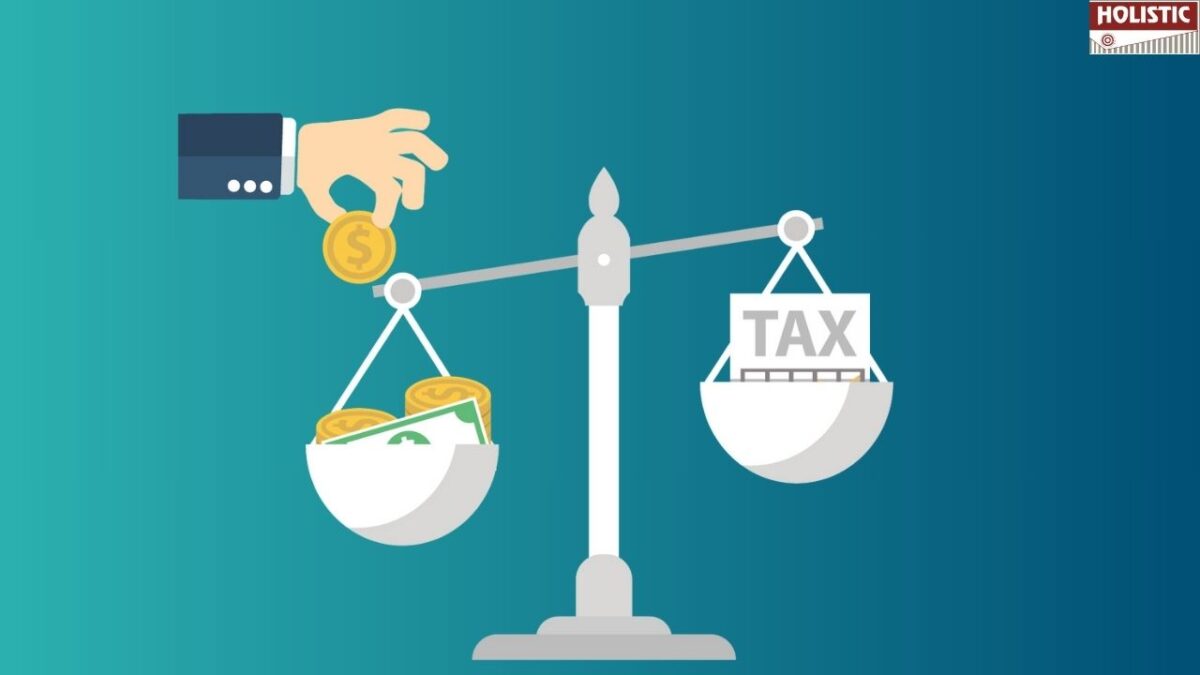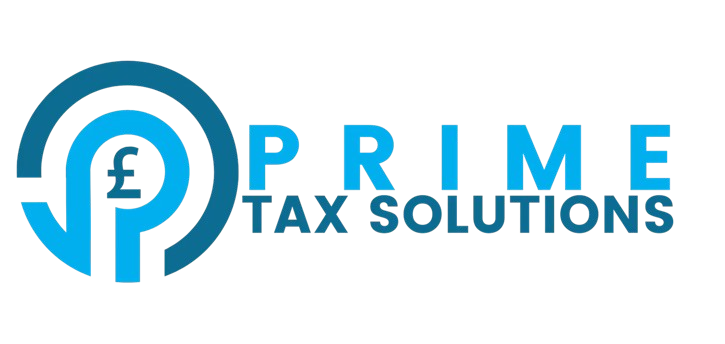
Introduction
As a small business owner, managing your taxes efficiently can make a significant difference to your bottom line. With the right strategies, you can reduce your tax burden and keep more profits within your business. In this blog, we’ll cover key tax solutions for small business owners.
Choosing the Right Business Structure
The structure of your business—whether it’s a sole proprietorship, partnership, LLC, S-corp, or C-corp—affects how you are taxed. Each structure has its pros and cons when it comes to taxes, so choosing the right one can save you money. We’ll explore how to evaluate your options and make the best choice.
Maximising Business Deductions
From office supplies to travel expenses, there are numerous deductions available to small businesses. Knowing what you can deduct and how to document these expenses can significantly lower your taxable income. We’ll outline common deductions and tips for keeping accurate records.
Leveraging Tax Credits
Tax credits can directly reduce the amount of tax you owe. There are various credits available to small businesses, such as the Research & Development (R&D) tax credit, the Work Opportunity Tax Credit (WOTC), and credits for providing health insurance to employees. Learn how to identify and claim these credits.
Retirement Plans for Small Business Owners
Offering a retirement plan like a SEP IRA, SIMPLE IRA, or 401(k) can not only benefit your employees but also provide significant tax advantages for you as the owner. Contributions to these plans are often tax-deductible, reducing your taxable income. We’ll discuss the different types of plans and how to choose the right one for your business.
Conclusion
By implementing these tax strategies, you can reduce your tax liability and improve your business’s financial health. Regularly reviewing and updating your tax strategy is essential to staying compliant and maximising your savings. Consider working with a tax professional to ensure you’re taking full advantage of all available tax benefits.
